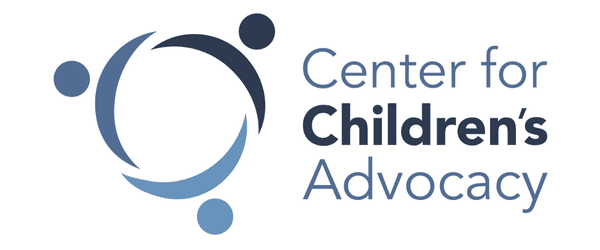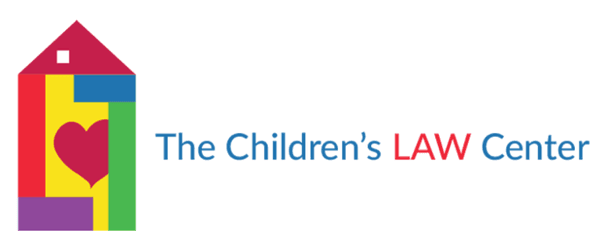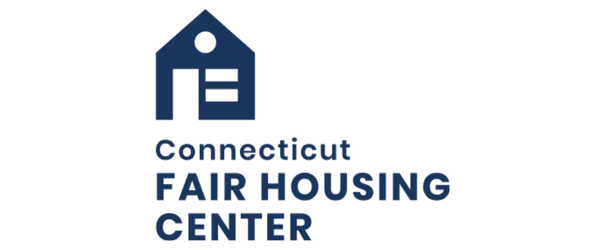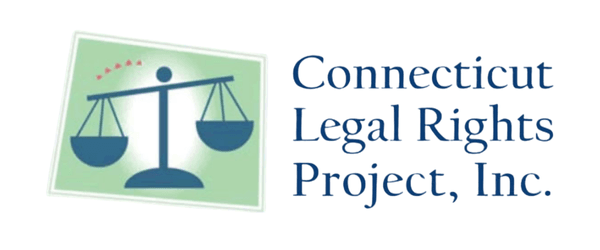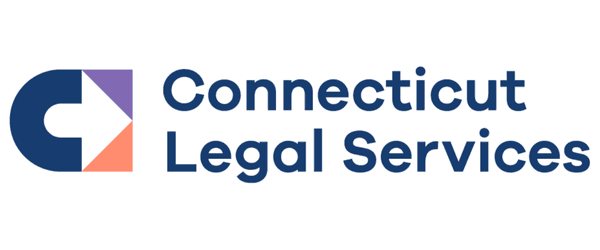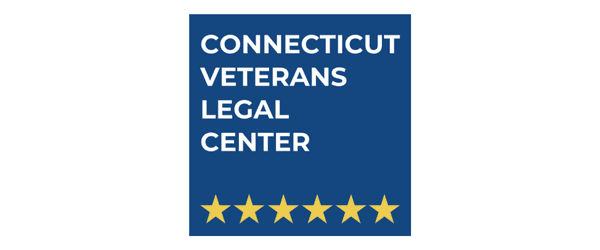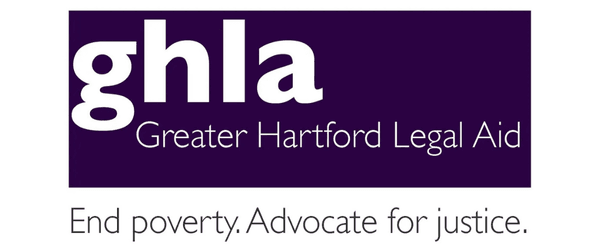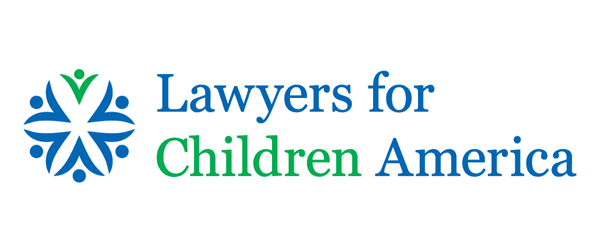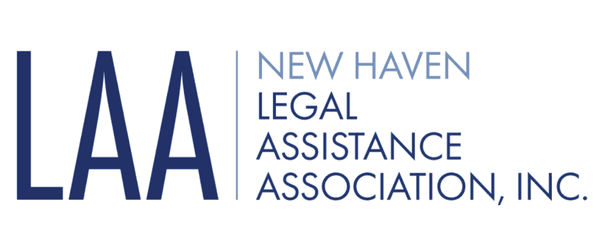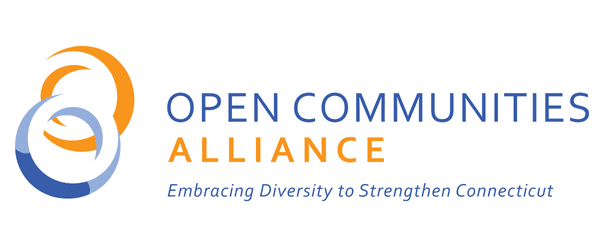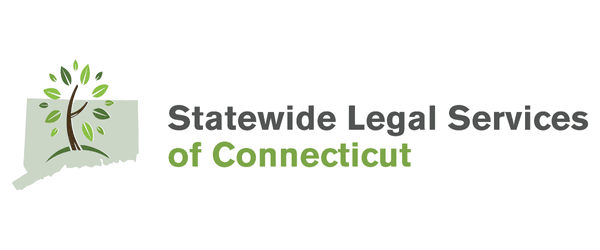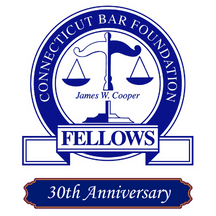
Fellows Spotlight
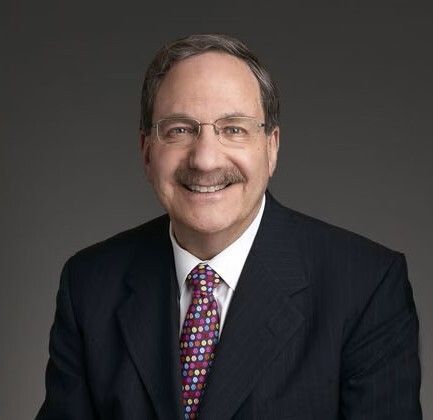
Attorney Robert M. Langer
Wiggin and Dana LLP
- Why did you choose the legal profession as a career?
I had been a government and philosophy major in college and happened to study constitutional law as an undergraduate, which I gravitated towards. My dad had been a CPA, and I had worked for him and clearly understood that wasn’t something I wanted to do for a career. Early on, I thought about combining a career that involved practicing law, teaching, and writing, which I've been able to do over the past half century or so.
- What do you enjoy most about being an attorney?
When I had been in government as the Assistant Attorney General in charge of antitrust and consumer protection for a couple of decades, I enjoyed the opportunity to develop the law in a number of areas that had been completely undeveloped prior to my tenure. It wasn't just litigating–it was drafting legislation and speaking publicly to encourage practitioners to have a better understanding of antitrust, consumer protection, and constitutional law. I continued to do that when I joined Wiggin and Dana 30 years ago. What I really enjoy is assisting clients and helping them stay out of trouble.
- What is the biggest challenge you have faced in the legal profession?
In the areas that I'm involved in, you need to be a student of the law for your entire career. I spend a significant portion of my time keeping up to date on antitrust, unfair deceptive trade practices, constitutional law, and administrative law. That's the only way that you can function at a high level and be valuable to your clients or as a government prosecutor. We also have 50 sovereign states, with their own consumer protection and antitrust laws, as well as the federal government. Part of my job as I’m now writing my treatise is to integrate all of those various changes and to take them into cognizance when I’m writing.
- What do you like most about Connecticut?
There's a greater level of civility that I've seen among lawyers in Connecticut, and many times you're not just dealing with a lawyer once in your career. I really appreciate Connecticut practitioners and how they treat each other. We're also close to our daughter and son in law, and our son and family up in Vermont are not that far away. We’re also close to New York and Boston. The quality of life and the services provided–healthcare services, social services to folks who are underprivileged–are significantly better in many ways than other parts of the country.
- Please share any community service you have participated in and are most proud of.
When I was in the Attorney General's office, I helped create litigation and draft amendments for the most expansive consumer protection law in the country. In the 1970s, I was at the forefront of creating what is now normalized—multi state enforcement by state attorneys general, which provides a vehicle for vindicating consumer rights. Also, I had undertaken pro bono work at my firm with profound international consequences. We represented the Fair Factories Clearinghouse, which enabled U.S. manufacturers to verify whether foreign factories comply with labor and safety standards. I obtained a business review letter from the DOJ's antitrust division allowing a database that is now widely used internationally to ensure ethical contracting practices.
- Why is the Fellows Program special to you?
The Cooper Fellows do our own work, handling programs directly. That makes a big difference because we have our hands on everything. Also, I was the third chair of the Cooper Fellows and one of the first 60 voted in, back in 1994. One of our earlier initiatives came from Peter Arakas, who proposed the high school essay contest, which is still in place today. It’s become a really important program and encourages students to think critically—even if they don’t go into a legal career. An additional project we supported was a remarkable exchange program between Connecticut and Russian judges in the late 1990s and early 2000s. The growth of the Cooper Fellows has allowed for even more projects and seminars today, thanks to the dramatic increase in membership from our original 60 to around 1,500 now. One of the great results of this is that the Bar Foundation can do so much more these days with the various seminars they put on and projects that they undertake.
- Please share any favorite Fellows-related memory (an event, a fellow Fellow, etc.), or tell us about your favorite Fellows program/event/committee that you attended or worked on.
The oral history project for women in the legal profession is the project I feel strongest about. I helped orchestrate its beginning, and it has now interviewed many legendary women—academics, judges, and women in private practice. One of the first women interviewed was Bessie Bennett, a classmate of mine at UConn—we graduated in 1973. Bessie had a serious lung condition and passed away shortly after her interview. She graduated from Radcliffe at 16 and became the first African-American woman admitted to the Connecticut bar in 1974. Bessie was extraordinary—kind, smart, and resilient. Despite her illness, she remained incredibly positive. This project and Bessie’s story are among my favorite memories because of my admiration for her and the role we played in preserving her legacy.
- Do you have any thoughts about, or ideas or visions for, the future of the Fellows program?
I think it's in such good hands with the current leadership. We set something in motion and then, because of the quality of the folks who get elected to be fellows, I have complete confidence. Even though I'm not active in the way that I was, I'm still in the leadership of the antitrust section of the American Bar and of the Connecticut Bar, and that's where I've been devoting my time. I still have complete confidence because I see what they do on a yearly basis and how remarkable some of the programs are.
- Is there a fun fact about yourself that you would care to share with other Fellows?
When I was at Franklin & Marshall College, Mohammad Ali had visited while I was there, and he sort of fake sparred with me. Nobody has since cared about any of the other people I've ever known. People say to me, “Oh my Gosh, I mean, you actually met Mohammmed Ali.”

